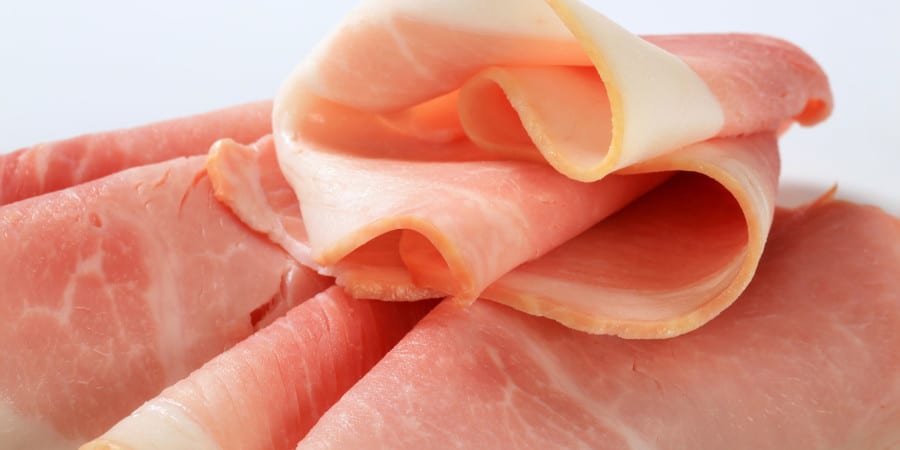
Researchers in the UK recently highlighted an association between eating meat, particularly processed meat and unprocessed red meat, with a higher risk of developing type 2 diabetes.
In fact, eating two slices of ham a day could raise your type 2 diabetes risk by 15 percent, according to the findings of a major scientific study conducted by University of Cambridge researchers, analyzing data from nearly 2 million people with participants coming from Europe, America, Southeast Asia, and the Pacific.
Indeed, the data set is huge because it is based on an international program, the InterConnect project, funded by the European Union and dedicated to research. Data from 31 study cohorts in 20 countries helped the researchers conduct their analysis, taking into account factors including age, gender, health-related behaviors, energy intake, and body mass index.
According to its authors, the study therefore provides “the most comprehensive evidence to date” of an association between consumption of red or processed meat – such as ham – and a heightened risk of developing this disease, which could affect 783 million people worldwide by 2045, according to estimates by the International Diabetes Federation.
READ: Study links too much red meat to higher risk of Type 2 diabetes
Published in the scientific journal Lancet Diabetes & Endocrinology, this research suggests that the habitual consumption of 50g of processed meat a day – equivalent to two slices of ham – is associated with a 15% higher risk of developing type 2 diabetes over the next 10 years. Meanwhile, eating 100 grams of unprocessed red meat a day – equivalent to a small steak – is associated with a 10 percent higher risk of developing type 2 diabetes
The risk is slightly lower with poultry, with an increased risk of 8 percent for the habitual consumption of 100g of poultry a day. However, Professor Nita Forouhi of the Medical Research Council (MRC) Epidemiology Unit at the University of Cambridge, and a senior author on the paper points out that “while our findings provide more comprehensive evidence on the association between poultry consumption and type 2 diabetes than was previously available, the link remains uncertain and needs to be investigated further.”